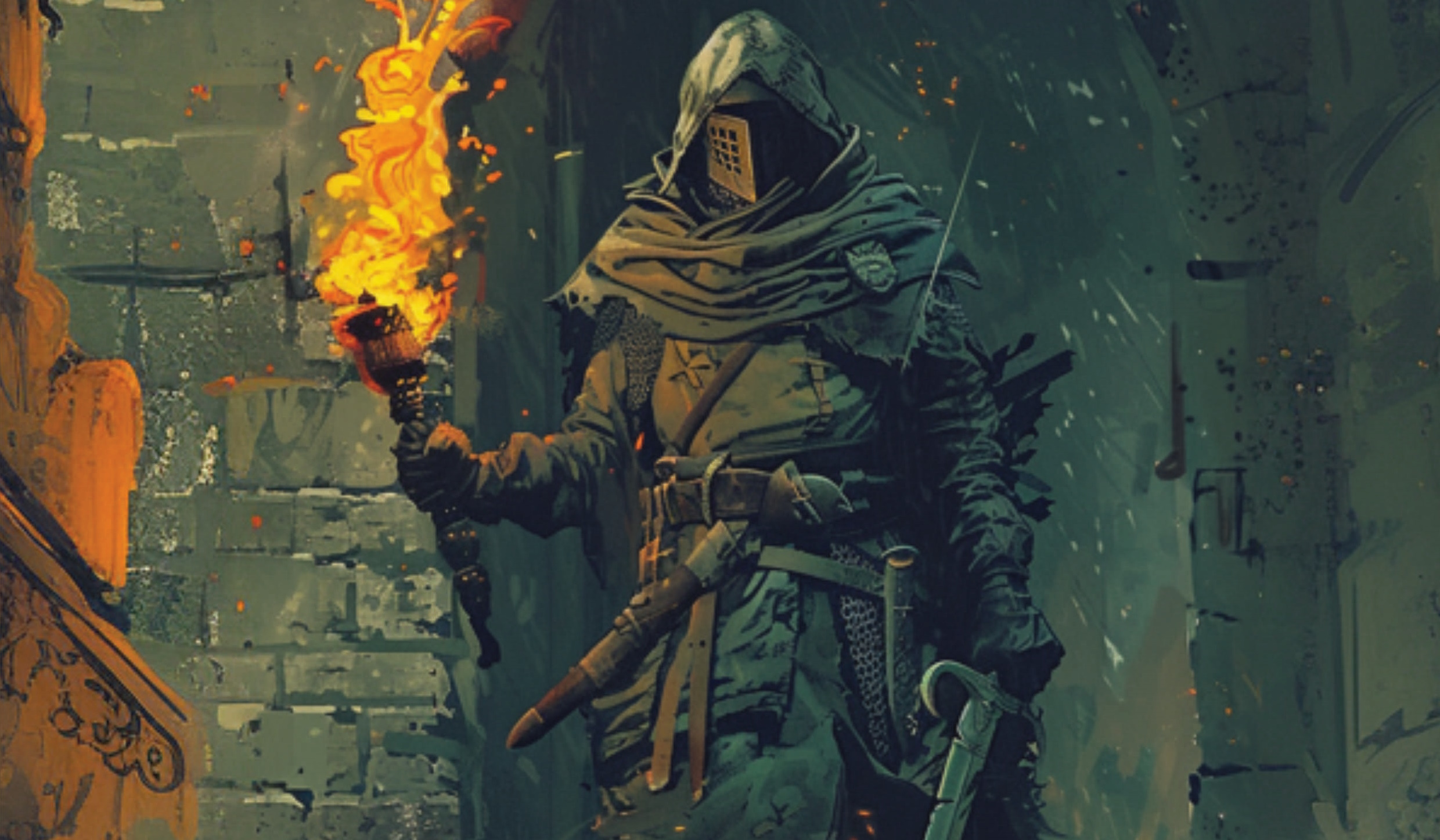Ending The Break–Or How To Deal With GM Anxiety
Back in June I decided to take a break from running roleplaying games. I have been wearing the GM’s mantle for many, many years now, and I just needed to step back from that position for a while. Running games was just not fun for me anymore. It felt more like a job, a burden I had to take. Eventually it was even a source of anxiety. I was never the most self-confident person, but back then I thought that every game I started was doomed to fail anyway. Sometimes I even pondered to stop playing roleplaying games for good.
I’ve dealt with mental health issues for a long time and over the years I luckily learned how to deal with certain aspects of this predicament. When I noticed that I reacted with anxiety even when just thinking about running RPGs, I knew that I had to change something. So I decided to take a break.
It was pretty hard at first. But over time I was getting more relaxed and I enjoyed being able to just play for a change. I’ve a lot of fun playing in games like Shadowrun, Mutant: Year Zero, Traveller, and John Sinclair (which is a German game based on a German horror pulp novel series). Several members of my regular gaming groups tried their hand at being the GM for the first time, and felt some satisfaction when they immediately noticed that this job can be pretty hard at times.
But of course I was always thinking about what games I could run after the break. I wanted to find something I was comfortable with and which allowed me to ease me back in. I didn’t want to burn out on GMing again. Unfortunately this is more easily said than done. A lot of games I once felt quite comfortable with are now tied to some very unpleasant memories. Some of my attempts to get campaigns going in the first half of the year or even before that ended in disaster.
A couple of weeks back I took a hiatus from my GMing break when I ran an Index Card RPG one-shot game using the Warp Shell rules. The game was fun, the rules worked well, but I felt it wasn’t the right game for me. Perhaps I was also not in the right mindset for that game, or for GMing in general. After being on a break for so long, I now struggle to find the best way to end it.
I promised a few friends to run a roleplaying game this weekend, but I am still not sure what to run. I also feel that the longer I think about it the more anxious I get. But I don’t want to give in to anxiety again. It would be so easy to just play a board game or ask someone else to take over, but I actually don’t want to do that…
Long story short, now that I’ve been on a break for about half a year it’s becoming increasingly hard to get back into the GM’s chair, especially with my old friend anxiety looming somewhere under the surface. If you folks have any advice on how I could deal with it, it would be appreciated.



7 comments